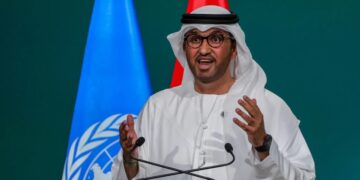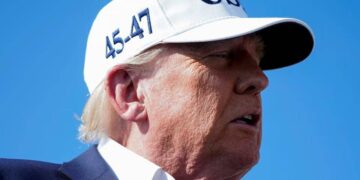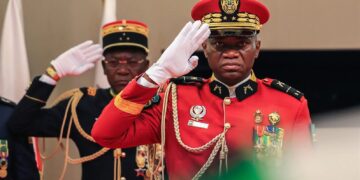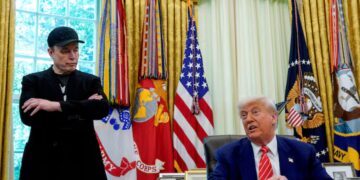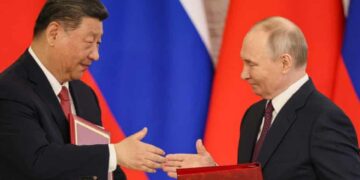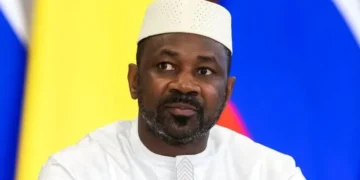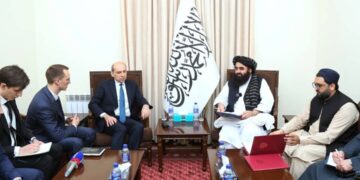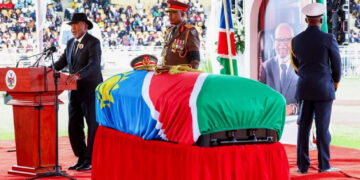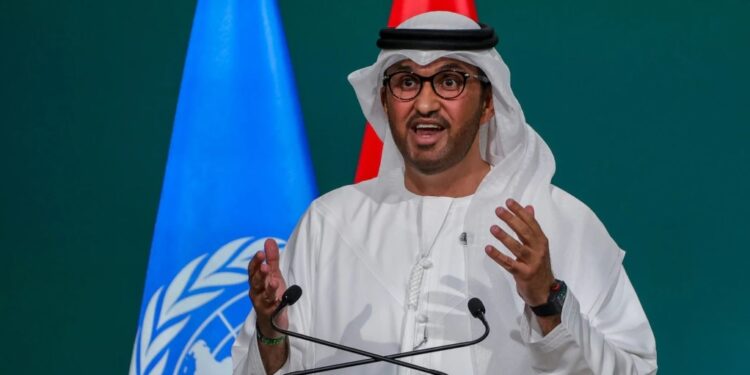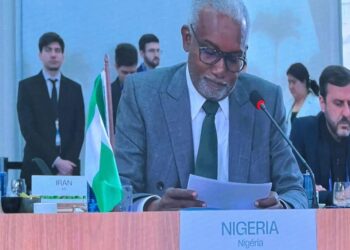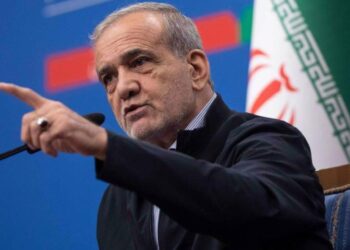By John Ikani
In a historic move kicking off the UN climate talks in the UAE, almost 200 nations joined forces to launch a fund aimed at supporting countries impacted by the repercussions of global warming.
The host nation, amidst declarations supporting fossil fuels’ role in climate negotiations, set the stage for discussions in Dubai.
Against the backdrop of a planet still grappling with rising emissions and the UN’s grim projection of 2023 as potentially the hottest year on record, COP28 emerged with an early triumph – the establishment of the long-awaited “loss and damage” fund.
COP28 President Sultan Al Jaber declared, “We have delivered history today,” celebrating the swift adoption of a decision, a first-day accomplishment unparalleled in COP history.
The enlarged conference, with 97,000 attendees, including leaders like Britain’s King Charles III, underscores the urgency of addressing climate change. As the world faces the challenge of staying within agreed temperature rise limits, COP28’s focus on assessing global progress becomes pivotal.
The UAE, positioning itself as a mediator between historically responsible developed nations and those grappling with severe consequences, pledged $100 million to the loss and damage fund.
The European Union followed suit with $246 million, yet the combined contributions fall short of the $100 billion demanded by developing nations.
Madeleine Diouf Sarr, chair of the Group of the 46 Least Developed Countries, emphasized the significance of the fund for climate justice but cautioned that an empty fund couldn’t help their people.
President Al Jaber’s dual role as both COP president and head of the UAE’s national oil giant raised concerns over potential conflicts of interest. Amid calls for a fossil fuel phase-down, Jaber affirmed the necessity of including fossil fuels in the final climate agreement, acknowledging the role of oil companies in leading the way.
While some questioned the compatibility of these roles, COP Chief Simon Stiell stressed the need to signal the decline of the fossil fuel era.
Pope Francis, unable to attend due to illness, urged participants to reject vested interests, emphasizing the moral imperative to address climate change.
As the conference grapples with the future of fossil fuels, nations must navigate unanimous decisions on a range of issues. The UAE aims to broker agreements on tripling renewable energy and doubling annual energy efficiency improvements by 2030, a challenging task requiring trust-building among nations with diverse interests.
COP28 opened with a moment of silence for civilians affected by the Gaza conflict, emphasizing the broader global context. Israeli President Isaac Herzog seeks diplomatic discussions on hostages held by Hamas on the conference sidelines.
While notable leaders like the US President and Chinese President are absent, the rare joint climate announcement by the world’s top polluters provides a glimmer of optimism as COP28 unfolds.
